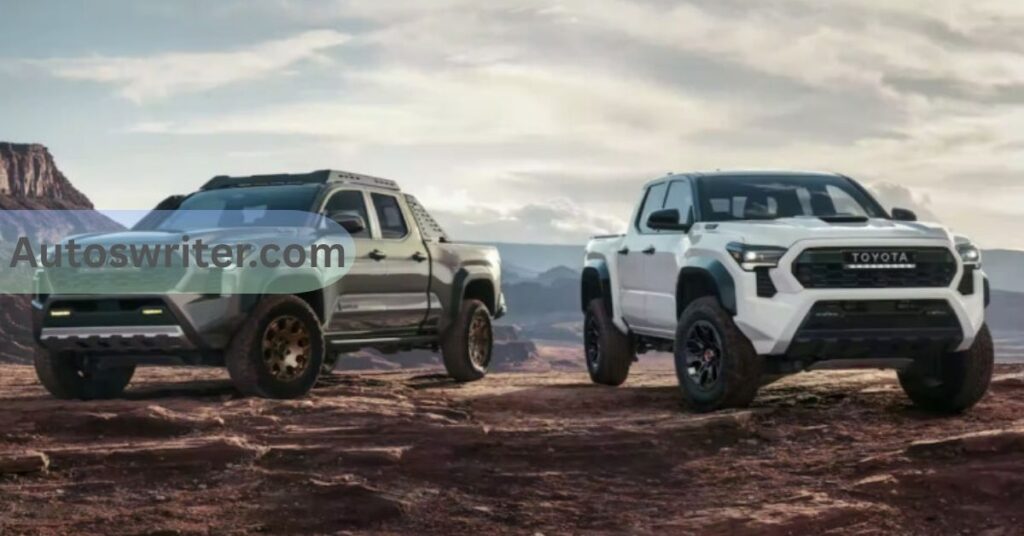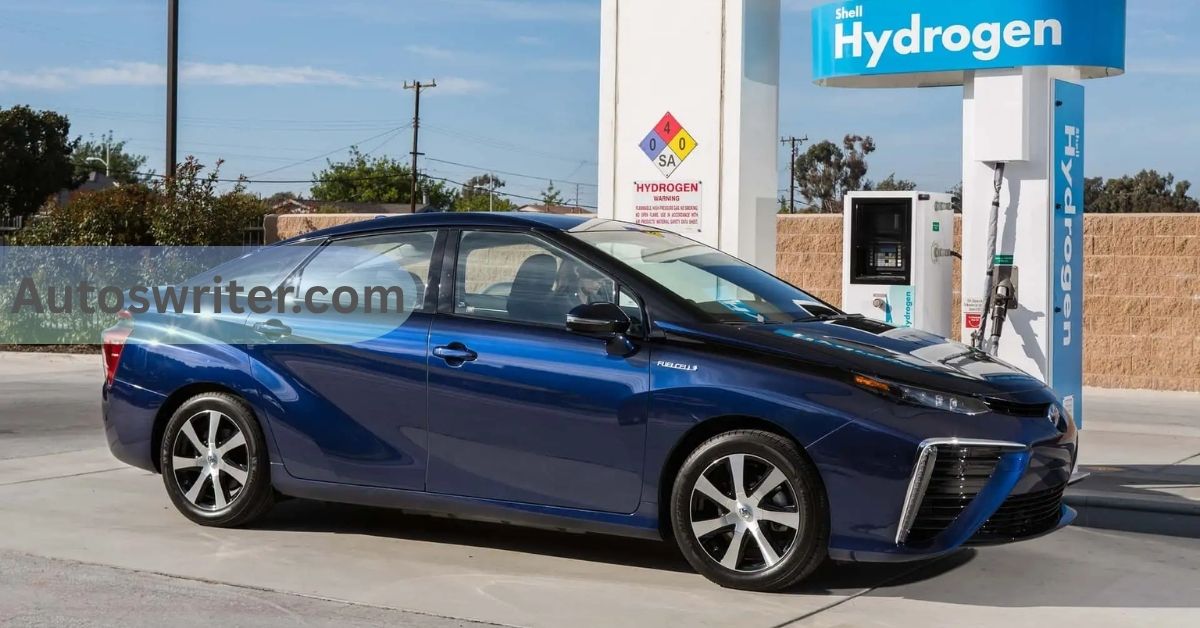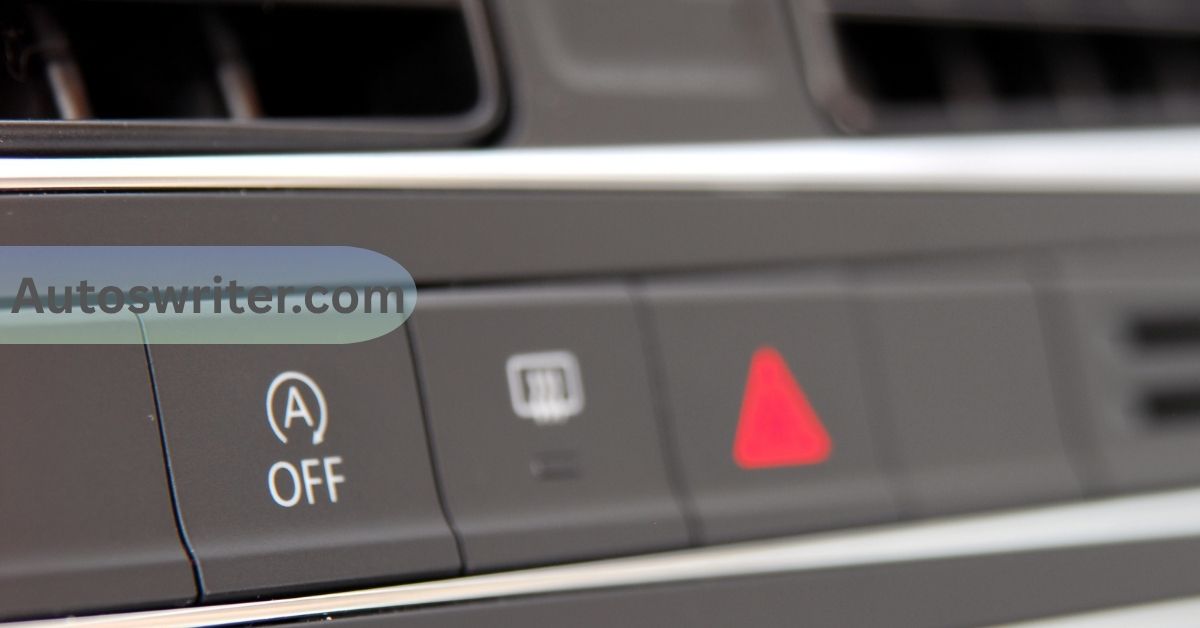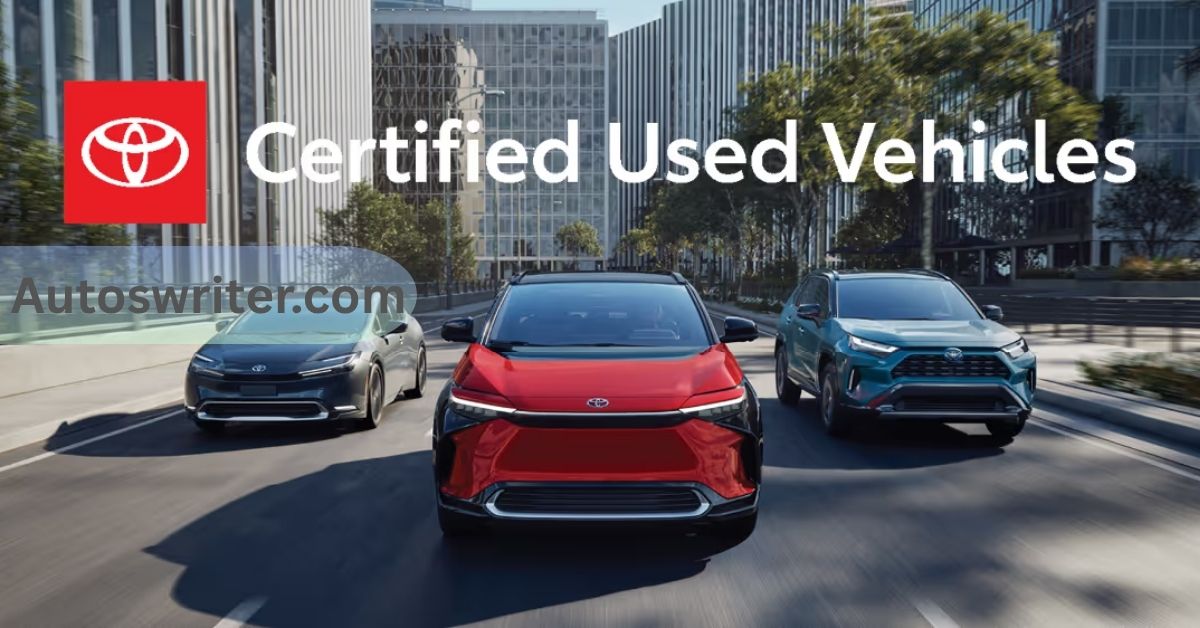When car buyers consider long-term value, Toyota often lands near the top of the list. But why exactly do Toyotas hold their value better than many other brands? And is it still true in today’s market?
This article breaks it down with clarity. We’ll examine real-world factors, vehicle data, and key considerations to keep in mind before buying or selling a Toyota.
Why Toyota Vehicles Keep Their Value:
1. Reliability and Long-Term Durability:
Toyota’s reputation for mechanical reliability isn’t marketing. Independent studies from sources such as J.D. Power and Consumer Reports consistently rank Toyota among the most dependable brands. The 2.5L engines in the RAV4 and Camry, for example, are known to go beyond 200,000 miles with routine maintenance.
2. Low Maintenance and Repair Costs:
Parts are easy to find. Labor is less complex than European brands. Many Toyotas are built with simplicity in mind. That makes them cheaper to repair, which matters to second-hand buyers.
3. Used Market Demand:
Toyota has a broad used-car audience. Whether someone’s shopping for a $6,000 Corolla or a $30,000 used 4Runner, the demand is steady. That keeps prices from dropping quickly.
4. Dealer Behavior and CPO Programs:
Toyota dealerships often run aggressive Certified Pre-Owned (CPO) programs. These include factory warranties, which increase buyer confidence. Some CPOs even come with service plans or roadside assistance.
Also Read: Is Check Engine Light Diagnosis Cover by ToyotaCare?-Complete Guide
Real-World Toyota Resale Value: Why RAV4s, Tacomas, and Corollas Still Command Top Dollar:

Used Toyota prices have held steady, even in a volatile auto market. Let’s look at a few concrete cases:
- 2020 RAV4 Hybrid XLE AWD: Purchased new for $32,000. Today, with 45,000 miles, it may still sell for $27,000.
- 2018 Tacoma TRD Off-Road: Bought new for around $36,000. The current resale value often hovers around $30,000.
- 2017 Corolla LE: Originally $18,000. It’s still listed for around $13,000 with 60,000 miles.
In contrast, competitors like Ford or Chevrolet might see faster depreciation for similarly aged models.
Why Some Say It Feels “Too Expensive”:
Many buyers, especially in regions such as California or Michigan, express frustration over the overused prices of used Toyotas. It’s not unusual to see:
- 2017 RAV4s with 80,000 miles listed for $25,000+
- Corolla Cross models with modest trims approaching the price of a base Lexus
So, why are people still buying? For many, it’s the assurance that the vehicle will still be solid five years from now. It’s a long-term bet.
Does the High Resale Benefit You?
It depends on your timing. Buying at the peak of pricing means you pay a higher price. But when it comes time to sell or trade in, that higher residual value works in your favor.
Let’s say you bought a Toyota Yaris for $16,000. Three years later, you sell it for $13,000. That’s a minimal loss in the car world.
Other brands might sell for $9,000 or less in the same span. So, even if Toyota prices seem inflated, they remain inflated throughout the vehicle’s life.
What Drives Toyota’s Strong Resale Value?
Here are the key ingredients:
- High brand trust
- Proven engine and transmission performance
- Global parts supply and service network
- Longevity-focused engineering (especially in base trims)
- Cross-model reputation: Even if you’re buying a Camry, the 4Runner’s rugged rep helps.
How Can You Protect Your Toyota’s Resale Value?

Whether you own a Prius, a Highlander, or a Corolla, resale value isn’t just about the badge. It also depends on care. Here’s what to focus on:
1. Service on Time:
Follow the maintenance schedule in your owner’s manual. Missing primary services, such as timing belt checks or fluid changes, will reduce the vehicle’s value.
2. Keep Records:
Buyers will pay more if you show proof of service. A folder or digital logbook can make a real difference.
3. Avoid Cosmetic Damage:
A clean interior and scratch-free exterior matter. Address dents, replace cracked trim and clean upholstery.
4. Don’t Modify Excessively:
Lift kits, oversized wheels, or aftermarket systems might turn off future buyers. Stick to factory options when possible.
5. Know When to Sell:
Trade-ins or private sales work better when demand is high (tax refund season, end-of-year clearance, etc.)
Are There Exceptions?
Yes. Some Toyotas don’t retain value as well:
- Toyota Avalon: Older generations depreciate faster due to lower demand.
- Toyota Mirai: Hydrogen fueling limits impact resale value.
- Older Tundras with high mileage may also experience sudden drops, especially if rust or mechanical issues develop.
But models like the Tacoma, 4Runner, and Corolla consistently rank high in resale studies.
Comparing Toyota to Other Brands:
- Toyota vs. Honda: Honda also performs well, but some models, such as the Civic, have higher theft rates, which can impact insurance and resale value.
- Toyota vs. Ford/Chevy: These brands tend to depreciate faster unless it’s a special trim (e.g., Ford Raptor). Reliability perceptions hurt value.
- Toyota vs. Hyundai/Kia: Korean brands have improved, but they often still lose value more quickly. Exceptions exist, like the Telluride.
Also Read: Why are Toyota Mirai So Cheap-All You Need to Know
Frequently Asked Questions:
Q1. Why do Toyotas have such high resale value?
Because they are reliable, long-lasting, and affordable to maintain, these traits make used Toyotas desirable, which keeps resale prices strong even after years of ownership.
Q2. Are used Toyotas worth buying at high prices?
In many cases, yes—especially if the vehicle is in good condition with service records. Even at a premium, a well-kept used Toyota can outlast cheaper alternatives with fewer problems.
Q3. Which Toyota models hold their value the best?
The Toyota Tacoma, 4Runner, and RAV4 consistently rank at the top. These models have loyal followings, rugged build quality, and low depreciation over time.
Q4. Do Toyotas depreciate slower than other brands?
Yes. Compared to most other mainstream car brands, Toyotas lose value at a slower rate—especially over the first 5–10 years of ownership.
Q5. How can I maintain the value of my Toyota?
Follow the maintenance schedule, keep receipts, avoid accidents, use OEM parts, and keep the vehicle clean. These steps will help you get the most out of your investment when it’s time to sell or trade.
Conclusion:
Toyota vehicles are widely known for holding their value better than most other car brands. This is not just because of reputation—but because of consistent real-world performance. Models like the Toyota Tacoma, 4Runner, RAV4, and Corolla prove their worth year after year by delivering long-term reliability, lower maintenance costs, and strong resale demand.
Whether you’re buying new or used, a Toyota typically remains a financially sound decision for the long haul—especially if it’s well-maintained. Still, used Toyota prices can be high, so it’s important to compare options and understand local market trends before making a purchase.




